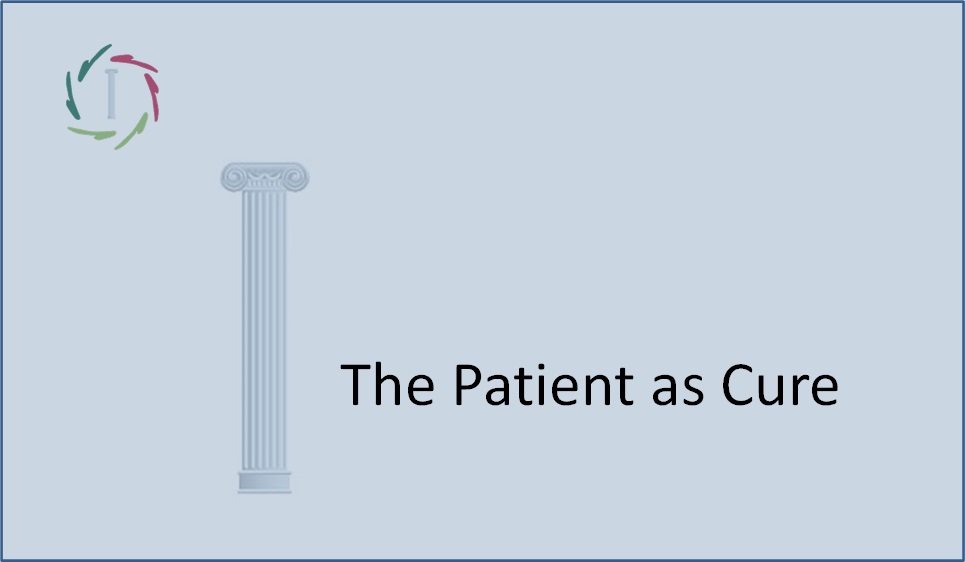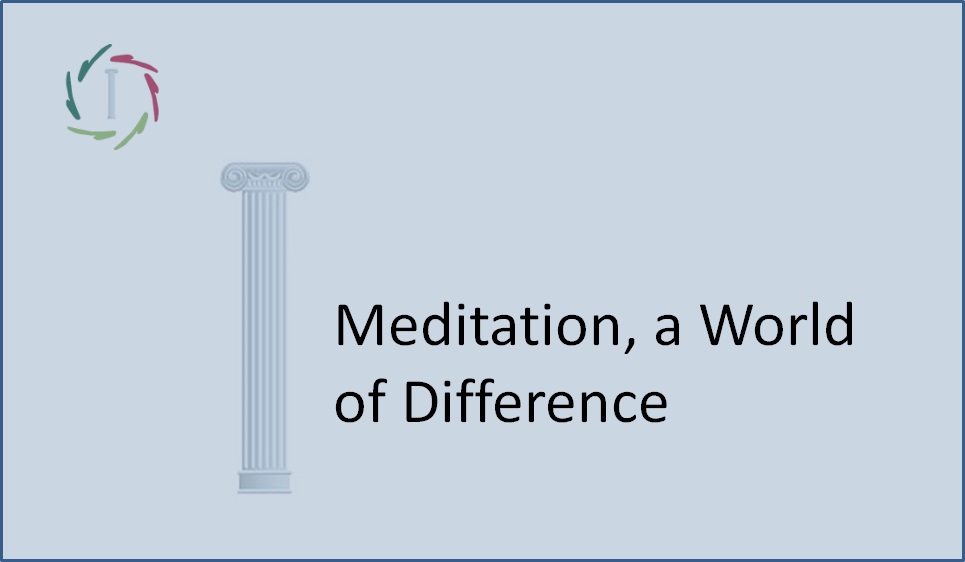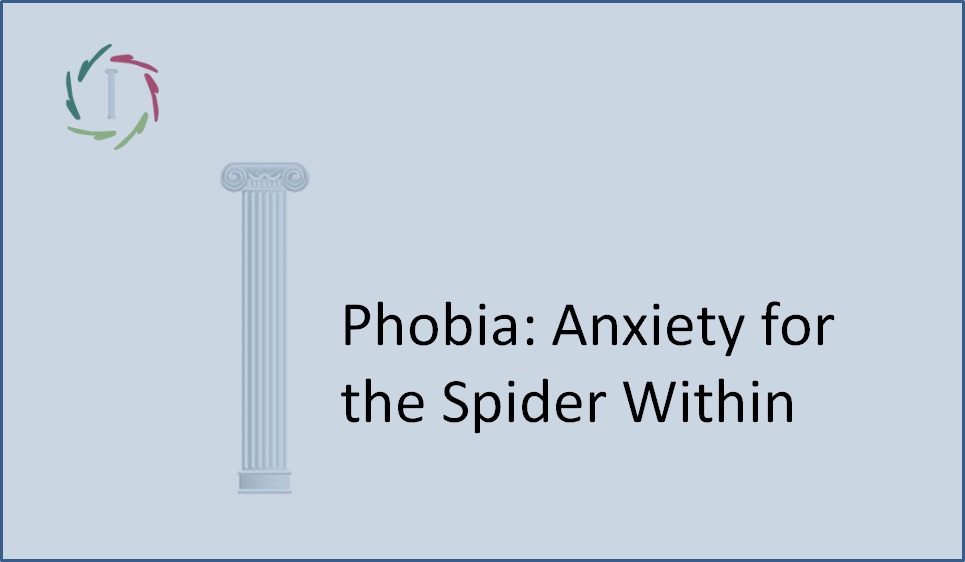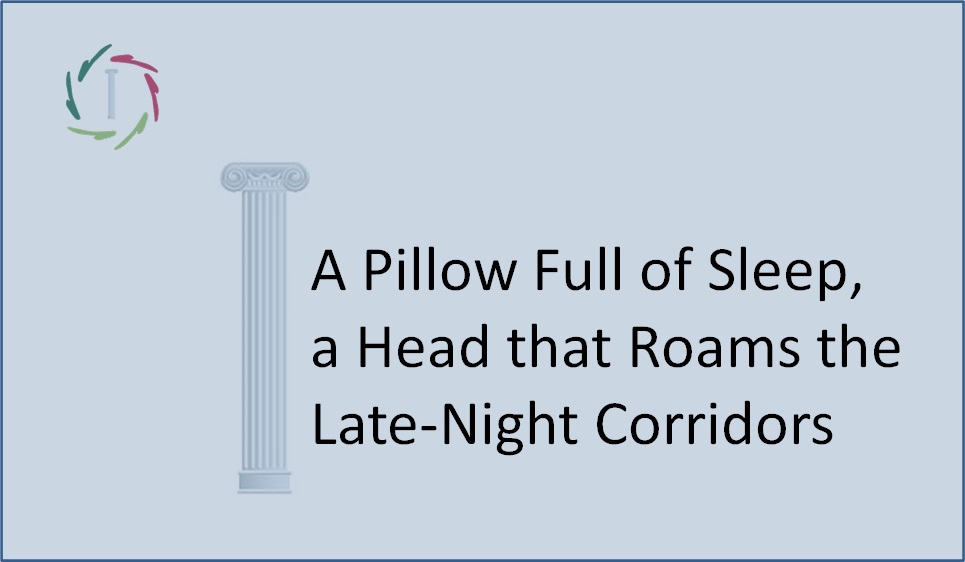49. The Patient as Cure

If the placebo is made of sugar, the drug is the patient.
It’s not the placebo that is ‘effective.’ It is the patient
The history of medicine is sometimes called the history of placebo. That’s not unwarranted. Of all the drugs delivered about 100 years ago with an air of ‘this will work for you,’ only a dozen have defied the hustle-bustle of the scientific evidence.
What about the current arsenal? It’s better, of course, but to what extent…? In the field of psycho-somatics, this is not undividedly obvious. An eyebrow-raising story about antidepressants, for example, can easily be traced by those who check up on it in PubMed with search terms such as ‘Kirsch’ and ‘Moncrieff.’ It’s up to you.
Placebo: the drug that doesn’t work and still does
It will remain a strange phenomenon if one only looks at it on the outside. Let it be clear that placebo does not work. In the sentence: “But this helped me, didn’t it?” something is dubious. Yes. It’s a trick question. Unfortunately, a lot of people allow themselves to fall into this trap. As with a magic trick in which people’s attention is being detracted from the central detail.
In our case, the central detail is the word ‘this.’ If one sees the placebo in ‘this,’ one is off for thousands of years of history. If one sees the patient himself in ‘this,’ that will get us closer to the right way. It could not be otherwise. In ‘me and my pill,’ there are only two protagonists. If one is of sugar, every action must necessarily have everything to do with the other. There are no magic tricks here
Is that effect directly accessible?
Direct = without placebo, so without sugar or milk powder. But also without other placebo manipulations, without using anything that ‘works’ for the sake of the idea that it works. So nothing that falsely claims to work instead of the patient himself. In principle, any form of psychotherapy may primarily be placebo. That is claimed by many, and certainly not the least. So how do we get ‘beyond the placebo’? In what way can we directly touch on what does work in the patient?
A simple ‘stand up and go thy way’ is insufficient.
Apparently, we have to cross a barrier in the patient’s mind:
- On one side of that barrier, there is conscious control (go!) that does not directly affect the process.
- On the other side, there is no conscious control.
So we need a language that uses one side and understands the other. There’s a term for such language, namely: poetry.
The future
Not that we’re going to cure people by reciting poems.
Poetry is much broader than that: depth, symbolism, metaphors, visualization, etc. Also, sex appeal, for example. Ha! Now I’ve captured your interest. It is everything that touches someone within (deep inside?) in a qualitative way and in openness. At the same time, this openness is the only possible scientific attitude. Placebo is based on falsehood and even on deception. It obscures the barrier and what’s behind it. It pretends conscious control where there is no such thing, and that is why the patient is deprived of the real control where it exists. Openness, poetry does show that barrier and also the underlying.
This may easily face resistance.
Genuine poetry is authentically open in being poetic. It pertinently shows the difference between a symbol and what is symbolized.
This points to reality with much more responsibility. People feel more comfortable not seeing this difference, especially when it comes to something important like health. Problem: this makes people vulnerable in every possible way and susceptible to all types of quacks. In that respect, humans are like ostriches. Thus, we have a history of thousands of years of placebo.
Hopefully, a future of thousands of years of openness awaits us.
I can’t imagine another humane future.


